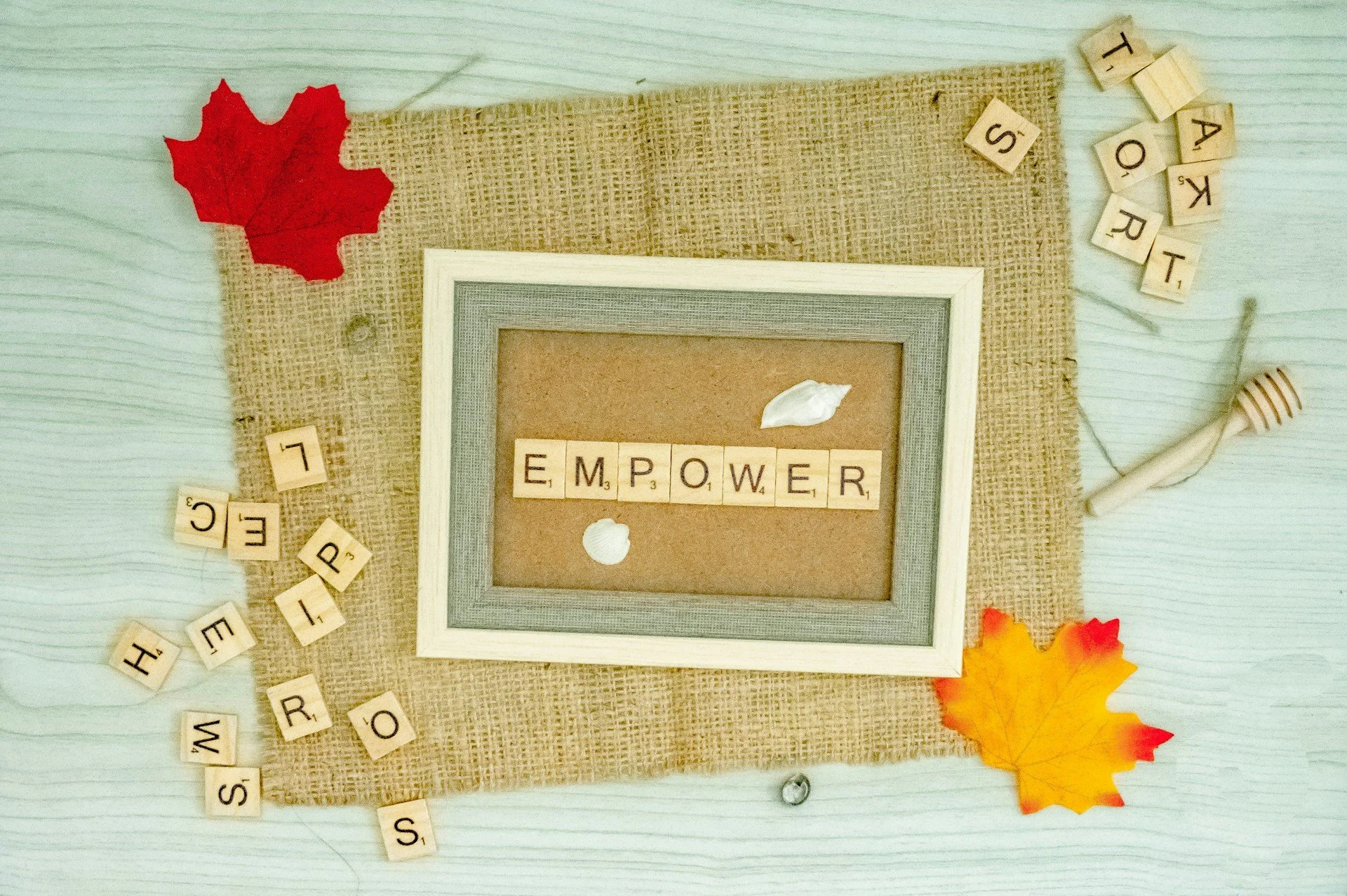Avoiding the Pitfalls: The Dangers of Infantilizing Individuals with Brain Injury.
Caring for individuals with brain injuries requires a nuanced approach that respects their autonomy and dignity, which is something that The Supported Living Group (SLG) has mastered. However, one common pitfall across Conneciucts ABI Waiver Program and raised as a concern by many brain injury survivors is unintentional infantilization. Infantilization, treating adults as if they were children, can have detrimental effects on their well-being, hindering their recovery and quality of life.
Understanding Infantilization:
Infantilization involves treating adults with brain injuries as if they were much younger than their actual age. This can manifest in various ways, from using overly simplistic language and limiting choices to restricting independence and decision-making abilities. While caregivers may have the best intentions, this approach can be disempowering and lead to a range of negative consequences.
Impact on Independence:
One significant danger of infantilization is its impact on the individual's sense of independence. Adults with brain injuries living in Connecticut, like anyone else, desire autonomy and control over their lives. Infantilization strips them of these fundamental rights, fostering dependency and diminishing their self-esteem, and displays the importance of understanding an agency provider’s support philosophy before committing to accept their community-based services.
Communication Challenges:
Infantilization often involves communicating with individuals as if they were children. Transitioning ABI Waiver participants to SLG have reported that this can be frustrating and demoralizing, hindering effective communication. In response, it is essential to recognize and respect the cognitive abilities of individuals with brain injuries, adapting communication styles to meet their specific needs without undermining their intellectual capacities.
Psychological Effects:
The psychological impact of infantilization should not be underestimated. Being treated as a child may lead to feelings of frustration, anger, and depression. It can also contribute to a diminished sense of identity and self-worth. Caregivers must prioritize maintaining the individual's mental well-being by fostering a supportive and empowering environment.
Preserving Dignity:
To provide effective care for individuals with brain injuries in Connecticut, SLG believes it is crucial to prioritize their dignity and personal choices. Instead of infantilizing, agency-associated caregivers should be trained to focus on promoting independence, offering choices, and respecting preferences. This approach contributes to a more positive and empowering support-focused relationship.
SLG’s Empowering Caregiving Strategies:
Respect Individual Choices: Allow individuals to make decisions about their daily lives whenever possible, respecting their preferences and desires.
Encourage Independence: Foster a sense of independence by providing opportunities for individuals to engage in activities that align with their abilities.
Use Inclusive Language: Communicate respectfully and adapt language to meet the individual's cognitive abilities without talking down to them.
Collaborative Decision-Making: Involve individuals in decisions related to their care, ensuring they have a say in matters that directly affect them.
Conclusion:
Infantilizing individuals with brain injuries can have severe consequences on their well-being and post-injury progress. Agency support staff therefore play a pivotal role in preserving dignity, fostering independence, and creating a supportive environment that empowers individuals to lead fulfilling lives. By understanding the dangers of infantilization, ABI Waiver associated support staff should be required to adopt strategies that prioritize respect, autonomy, and the overall mental and emotional health of those they serve.
To learn more about SLG’s array of community-based brain injury support services throughout Connecticut email info@slg-ct.com or call (860) 774-3400


